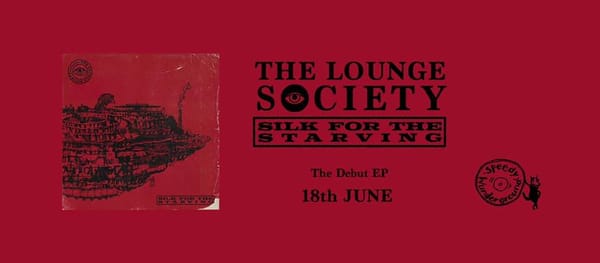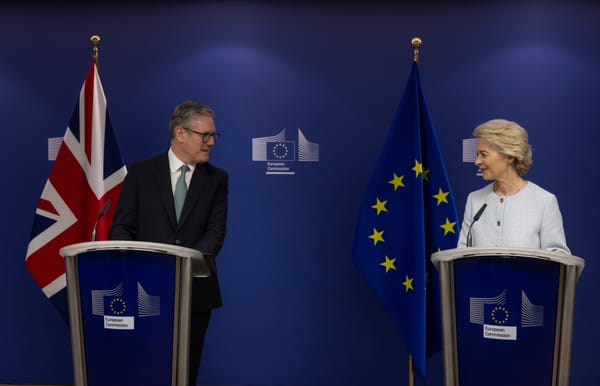Eurovision Song Contest - Rotterdam 2021
Your Deputy President (Welfare) talks about his ultimate passion - Eurovision

Hello, there! I’m Shervin and you might know me better as your Deputy President (Welfare) at the Union. While I’m extremely passionate about welfare, there’s one thing I’m more passionate about - and that’s Eurovision. Although, I think the two go hand-in-hand and Eurovision can be very good for your wellbeing. I’m here to give you the lowdown on this year’s competition. I run you through all the acts and tell you the things to look out for, as well as giving some personal insights on my favourites.
Firstly, though, a bit of history. How did we get where we are today? Well, Eurovision started in 1956 as a way of bringing post-war Europe together through music. Switzerland hosted and won that year, and ever since the competition has grown and grown. There are now up to 43 countries competing in the competition - including Australia who, though not in Europe, are a member of the European Broadcasting Union so get to compete.
The format is easy enough to understand. Every country sends an original song and then perform this live at the host country. The host is always the winner of the previous year (unless they turn it down, which has happened sometimes when the country is struggling financially, for example). Before the grand final on Saturday night, there are two semi-finals where all but 6 of the competing countries battle it out for 20 places in the grand final. The 6 who don’t need to go to the semi finals are the ‘big 5’ (France, Germany, Italy, Spain and the United Kingdom) who make greater financial contributions to the competition, as well as the host country. At the final, the 26 qualifying acts perform again and then a winner is chosen. The winner is a 50/50 combination of votes from 5 professional jurors from each country, as well as a public "televote" in each country.
Like everything we hold dear to us, COVID has put a spanner in the works for Eurovision. In 2020, the competition was cancelled for the first time ever - breaking a 64 year streak of the competition running. This was, of course, heartbreaking for the fans but, of course, more so for the artists. The timing of the pandemic meant that all 42 acts had already been chosen for that competition and they were already preparing for their performances. Most countries allowed them to get another go this year - 26 of 39 competing countries have come with the same act (but different song) to last year - and I’ve indicated who these are in my description below!
To everyone’s joy, Eurovision has returned for 2021 and, after the win of the Netherlands and Duncan Laurence’s ‘Arcade’ in 2019, the competition is being held in the Ahoy Arena in Rotterdam. There are, of course, strict COVID measures ensuring all people are kept safe but, amazingly, only two so far have had problems. Australian travel restrictions meant they didn’t come to Rotterdam and, instead, used a pre-recorded ‘live on tape’ performance (which didn’t make it out of the semi-finals, alas). Also, one of the Icelandic performers has tested positive for the virus which, alas, means they will use rehearsal footage. Given the scale of the competition, I think it’s amazing they’ve managed to do it so far with very little problems and only a smattering of positive tests. It’s really amazing to see, after so long of people being apart, hundreds of people from different countries coming together for the greatest television show in the world.
The complete layout can be read as a pdf on the Felix archive.









